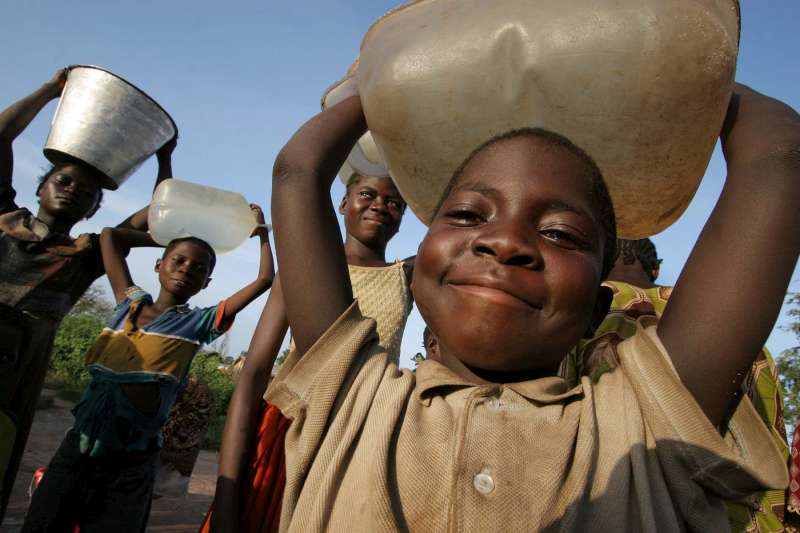Water, Sanitation and Hygiene
Accessible and adequate WASH interventions have positive effects on:
Protection
Long distances to water points can put young girls and women at risk of sexual violence.
Nutrition
A woman drawing 80 litres of water for her family from a well and carrying it to their home 200 metres away (often uphill from the well) uses approximately 17 per cent of the standard ration of 2,100 Kcal/day just to accomplish this task.
Education
42 per cent of children attending school in one Ugandan refugee camp had their schooling interrupted due to water collection.
Food security and livelihoods
Women who spend their time collecting water are missing opportunities to participate in more productive activities.
Environment
Non-sustainable usage of water resources can potentially overexploit groundwater resources.
For further information, visit our WASH website.
Handbook for Emergencies, Fourth Edition
A reference tool which serves to reinforce a common understanding among the many key actors in emergency situations.
WASH: External links
- Environmental Health at USAID
- SKAT- Swiss Resources Centre and Consultancies for Development
- SPHERE
- The IRC International Water and Sanitation Centre
- The World Bank
- UNICEF - Water, Sanitation and Hygiene
- Water for Life, 2005-2015
- WHO - Water, Sanitation & Health
- World Water Council


